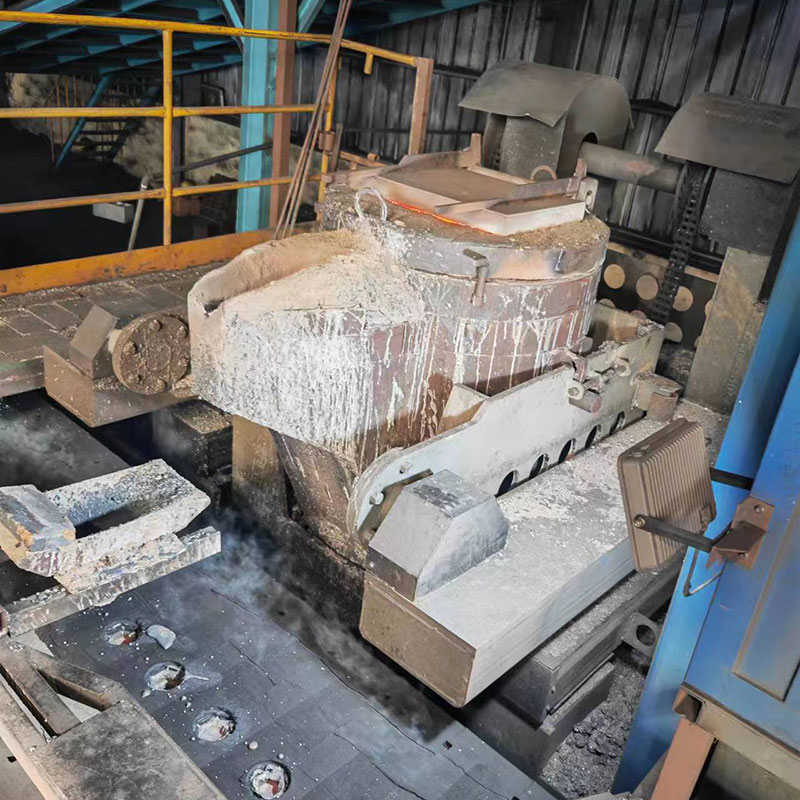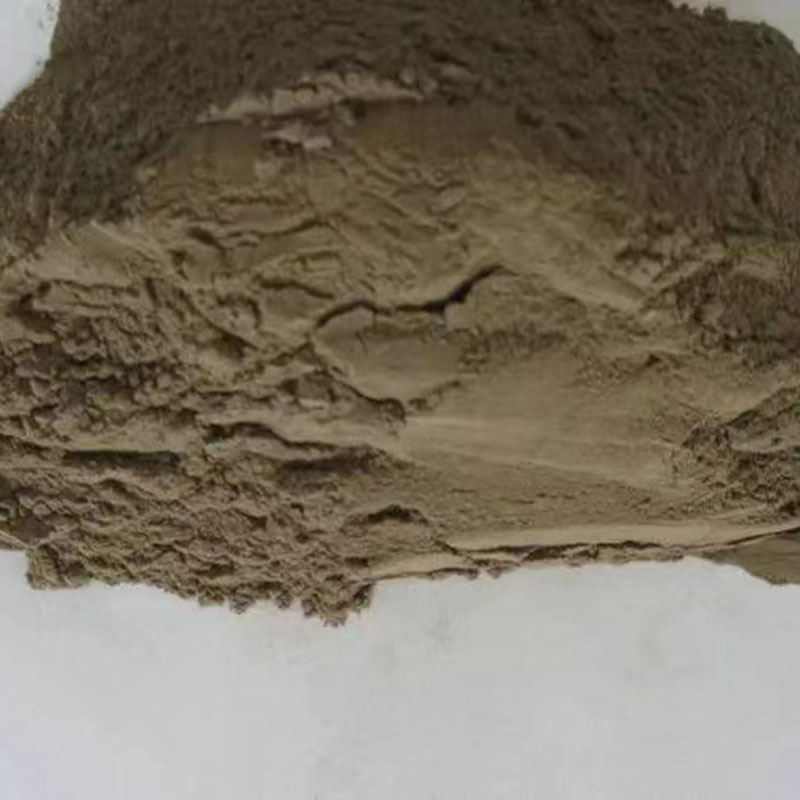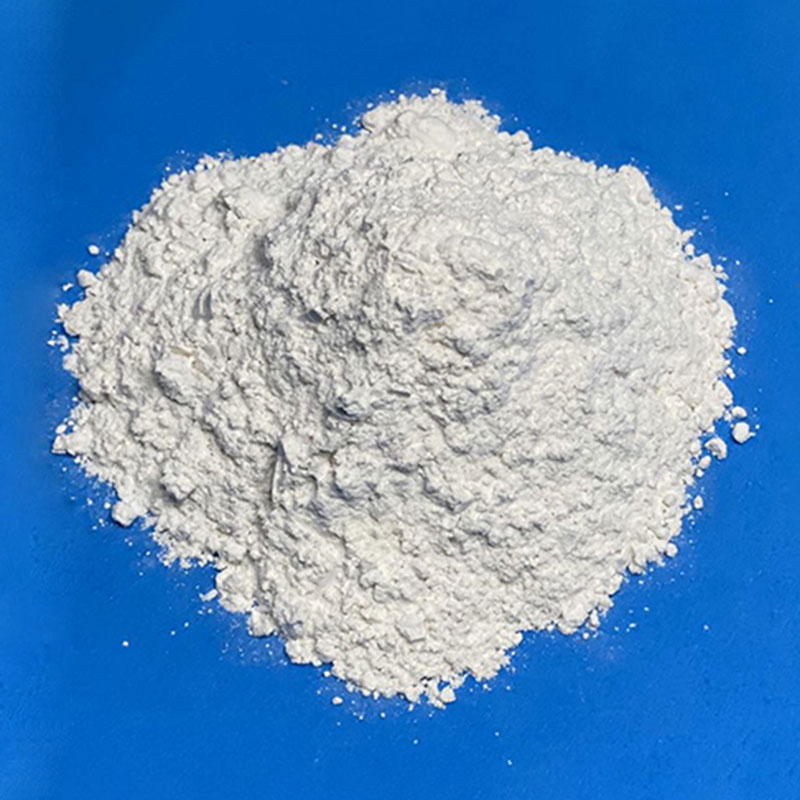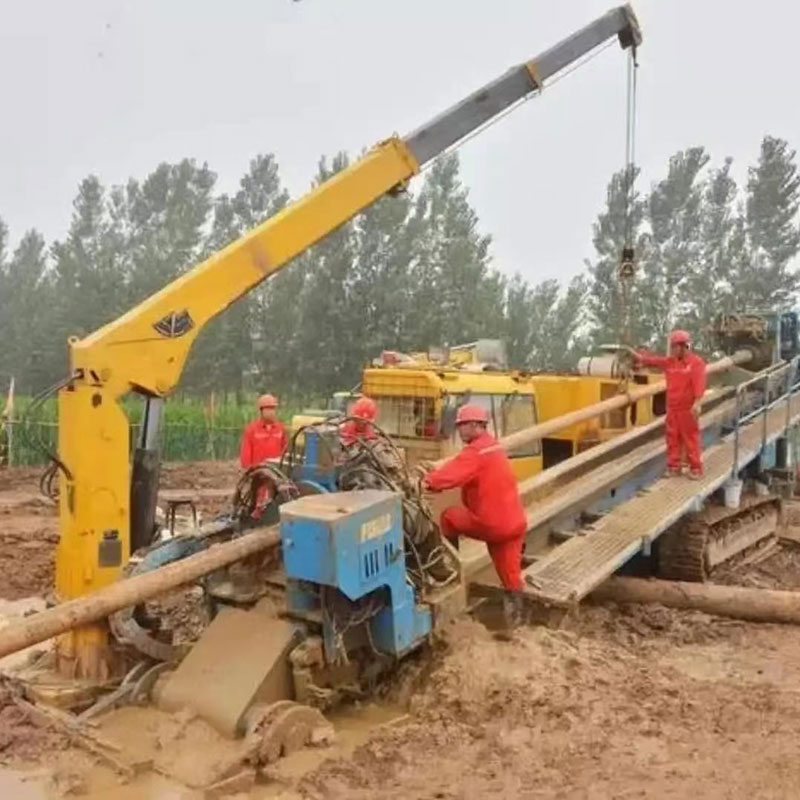Sodium-based bentonite for casting
Application of bentonite in casting
The quality of bentonite is of great significance for the production of castings in casting, and the quality of bentonite has a close influence on the surface and internal quality of castings. The use of high-quality bentonite in casting operations will significantly increase the strength, toughness and air permeability of castings, reduce the water content of molding sand, effectively improve the surface finish and accuracy of castings, and solve common quality problems on the surface of castings, such as: sand washing, sand inclusion, sand hole, sticky sand, pores, collapse holes and a series of defects. In today's rapid industrial development, bentonite as clay preparation casting molding sand is still the preferred molding material in the casting industry.
Bentonite has industrial performance requirements for casting
The viscosity adhesion of bentonite is the key to measure the quality of bentonite for casting, which requires high purity of montmorillonite, fine particle size (95% through 200 mesh sieve), and correct sodium processing process, so that a small amount of molding sand can obtain high wet compressive strength.



The role of bentonite in casting
(1) Used as casting molding sand binder
Bentonite has a very large viscosity, high plasticity, good strength, low price, and can make casting molding sand quickly formable.
(2) Increase the plasticity of castings
Used as a casting sand binder material, bentonite can improve the plasticity of castings, and can effectively prevent the production defects of castings, such as: can prevent sand inclusion, scarring, lump dropping, sand collapse.
(3) Good reusability and low cost
In the selection of models, we recommend the use of artificial sodium-based bentonite, because the indicators of sodium-based bentonite are significantly stronger than calcium-based bentonite, such as: heat resistance and stability are due to calcium-based bentonite. Therefore, even after the sodium bentonite bag is completely cooled and dried at a relatively high temperature, it still has a strong adhesion force when water is added at the second time, and it can still continue to be used as a casting molding sand binder, because of its strong reusability and low cost, so sodium bentonite is first selected as the preferred material in the casting process.
(4) The dosage is small, and the strength of the casting is high
Bentonite has strong adhesion and less dosage, adding 5% high-quality sodium-based bentonite to the casting sand can significantly reduce the mud content of the casting sand, especially the probability of water absorption substances, ash and porosity in the molding sand will be reduced accordingly, and the strength of the casting will be greatly enhanced.
(5) Improve the output and economic benefits of foundry enterprises
When using high-quality bentonite to produce castings, the effective bentonite content of 5%~6% in the old sand is enough, and 1%~2% can be added each time when mixing. Each ton of high-quality bentonite can produce 10~15 t castings on the mechanized production line.
Well, the application and role of bentonite in casting is all introduced here, I hope you can refer to it when you understand bentonite, a multi-purpose non-metallic mineral clay, in deep learning.











